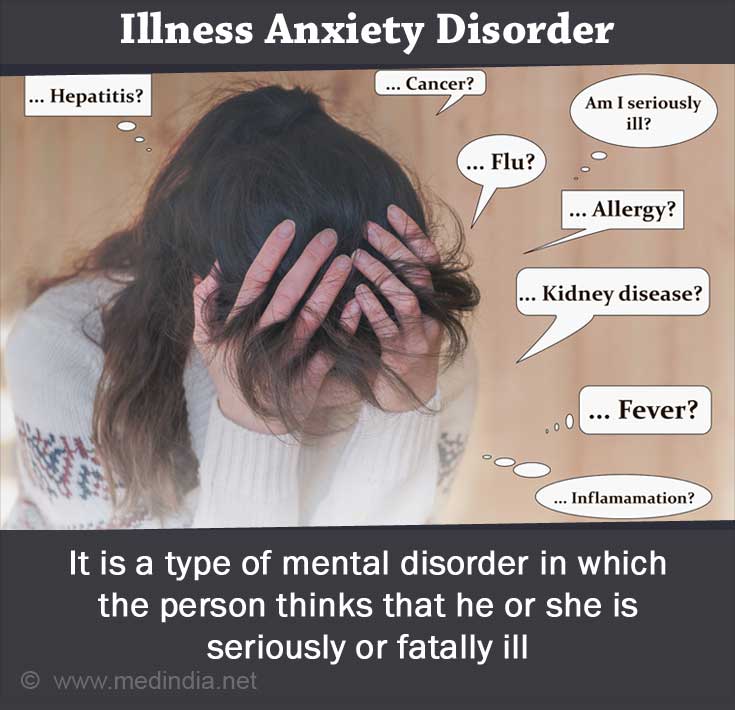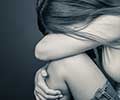About
Anxiety is the abnormal fear or reaction, towards any stress, which the person can normally handle. Anxiety disorder involves excessive worry about actual circumstances, events or conflicts.

There are many types of anxiety disorders including generalized anxiety disorder, obsessive-compulsive disorder, panic disorders, phobia and post-traumatic stress disorder.
Anyone can develop this disorder. Genes may play a role. Stress may also contribute to the development of anxiety disorder. Most anxiety disorders begin in childhood, adolescence or early adulthood. They occur slightly more often in women than in men
The patient is anxious or apprehensive and may show signs like sweating, palpitation, dry mouth, dizziness, nausea, loss of appetite, frequent urination and difficulty in swallowing.
The doctor bases the diagnosis on the patient's report of intensity and duration of symptoms, and the doctor's observation of the patient's attitude and behavior.
Treatment of anxiety disorder involves a combination of medicine, cognitive-behavioral therapy (CBT), relaxation therapy, and certain diet and lifestyle modifications.
Anxiety is a thin stream of fear trickling through the mind. If encouraged, it cuts a channel into which all other thoughts are drained. -Arthur Somers Roche























